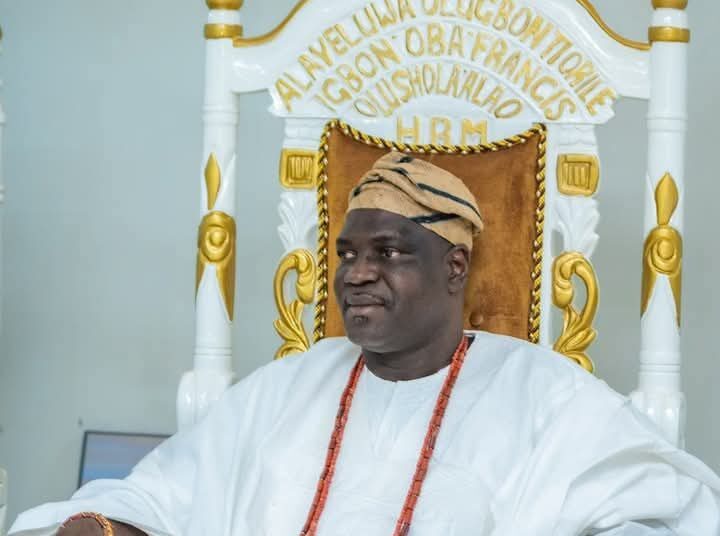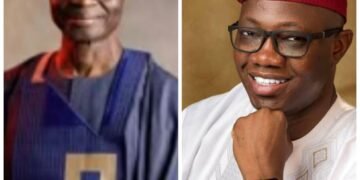The Olugbon of Orile-Igbon, Oba Francis Alao, has strongly criticized the Council of Obas and Chiefs (Further Amendment) Bill 2025 currently before the Oyo State House of Assembly, describing it as a faulty and politically-driven document lacking proper consultation.
In a statement issued on Monday through his media consultant, Bisi Oladele, the traditional ruler expressed deep concerns over the bill, calling for an immediate suspension of its consideration to allow for wider stakeholder engagement, including public hearings.
Oba Alao faulted the process that led to the drafting and presentation of the bill, noting that it failed to involve key traditional rulers or the general public. “The bill is defective because there was no adequate consultation by the House of Assembly, neither was there public hearing or enquiry before it was presented,” he said.
The proposed amendment seeks to make the Alaafin of Oyo the permanent chairman of the Council, with the Olubadan of Ibadan and the Soun of Ogbomoso as co-chairmen. It also includes the ten Ibadan high chiefs as Council members—a move the Olugbon described as a cultural aberration.
“The amendment further cements Ibadan’s dominance over other zones in Oyo State. If passed, it would render indigenes of Oyo, Ogbomoso, Oke-Ogun, and Ibarapa zones second-class citizens in their own state,” the monarch said, citing historical political imbalance since 1999.
Oba Alao argued that while it is necessary to revive the Council of Obas and Chiefs, it must be done with fairness, justice, and inclusivity. “It should not be skewed in favour of a particular zone,” he emphasized.
The Olugbon also addressed the historical rivalry in the Ogbomoso zone, responding to opposition by Mogajis of Ogbomoso who claimed historical precedence. He reminded them that the current palace of the Soun of Ogbomoso sits on land within Olugbon’s ancestral kingdom.
While acknowledging Ogbomoso’s demographic advantage, the Olugbon maintained that older towns like Orile-Igbon and Ijeru hold deeper historical roots. “We have embraced the Soun’s status for administrative convenience, not historical supremacy,” he added.
He concluded by urging the House of Assembly and relevant stakeholders to learn from global examples like the British Empire, stressing that tradition and history must be respected to preserve cultural harmony in the state













